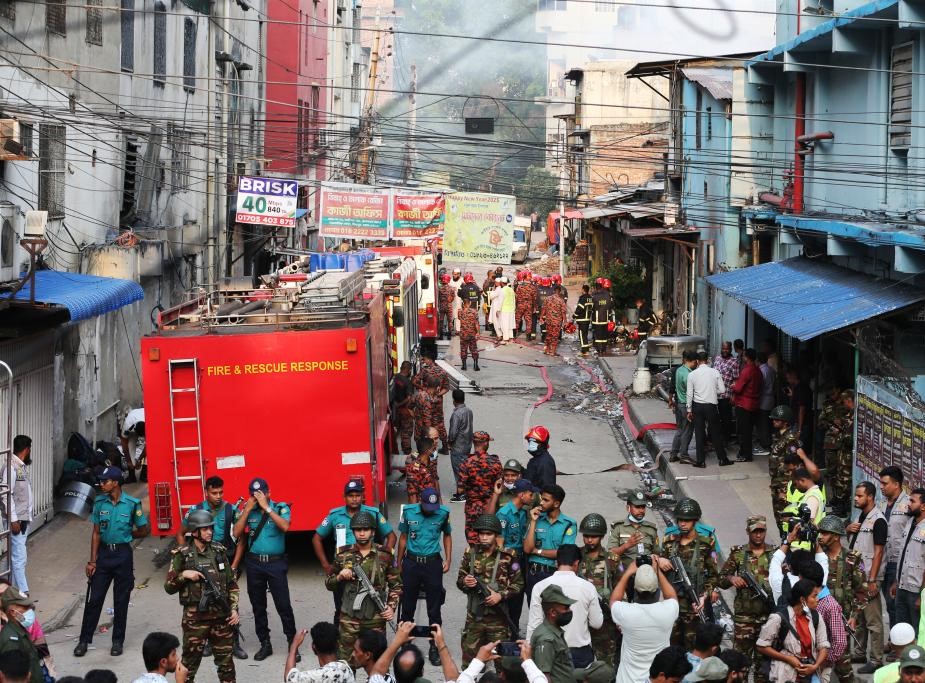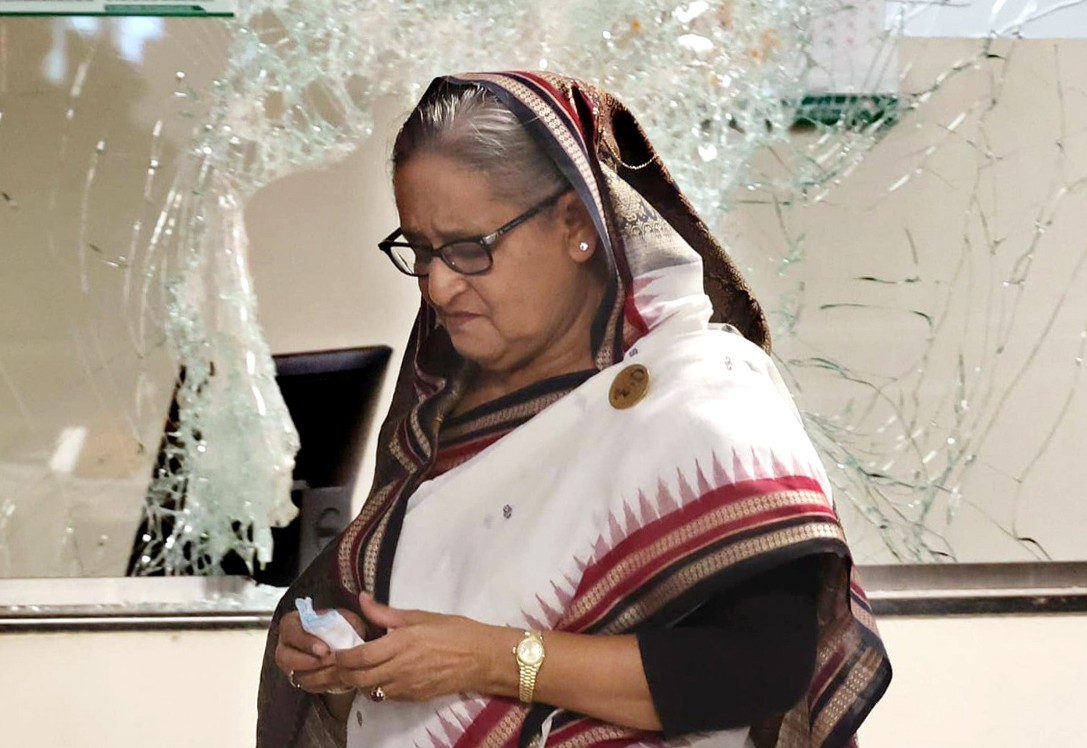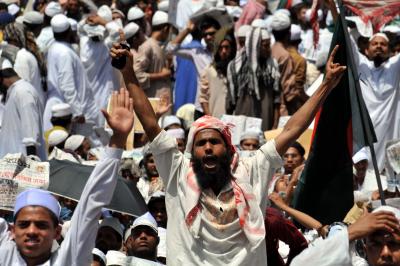Mustafizur Rahman, an economist who has closely followed Bangladesh’s economy for decades, said, “It appears that the economy has fallen into a vicious cycle,”
The economic policies of Bangladesh’s interim government, led by Muhammad Yunus, are facing mounting criticism from within its own ranks.
The Director General of the Bangladesh Institute of Development Studies and former economist at Bangladesh Bank, Mustafa K Mujeri, has stated that the current interim government is adopting the wrong policies at the wrong times.
“It has been six months since the interim government took over. Unfortunately, there has been almost no success in the financial sector of the country at this time. The economy has largely stagnated due to some core problems, such as a high inflation rate and a slow pace of financial growth. There has not been much success in terms of other problems we have. As a result, the economy is yet to bounce back,” stated a report published in leading Bangladesh daily Prothom Alo.
The report further quoted Mujeri as saying, “There is a common pattern of the economic policies adopted so far by the interim government. And that is adopting the wrong policies at the wrong time. The consequences won’t be good in the coming days.”
According to another report by Bangladesh’s leading business daily, The Financial Express, the interim government of Bangladesh is facing formidable macroeconomic challenges, in particular, reining in inflation. The country grapples with slowing GDP growth, currency devaluation, financial crisis, and looming debt.
Mustafizur Rahman, an economist who has closely followed Bangladesh’s economy for decades, said, “It appears that the economy has fallen into a vicious cycle,”
He cited the authorities’ pursuit of a contractionary monetary policy, which has increased the cost of funds, inhibiting private investment, according to a leading Bangladesh newspaper, The Daily Star.
“The government’s decision to raise value-added tax (VAT) on nearly 100 goods and services has stoked inflation and further eroded the purchasing power of ordinary citizens. Meanwhile, in the financial sector, default loans have continued to pile up,” he further added.
The economy of Bangladesh has been facing severe challenges amidst the huge unrest in the country since August 2024. The business sector in the country is facing a huge liquidity crunch, with numerous commercial and industrial establishments shutting down. The entrepreneurs in Bangladesh are facing difficulties in importing raw materials to sustain their businesses.
ALSO READ: Jaishankar to meet Bangladesh Foreign Adviser in Muscat
ALSO READ: Pakistan Navy chief visits Lankan, Bangladeshi ships













